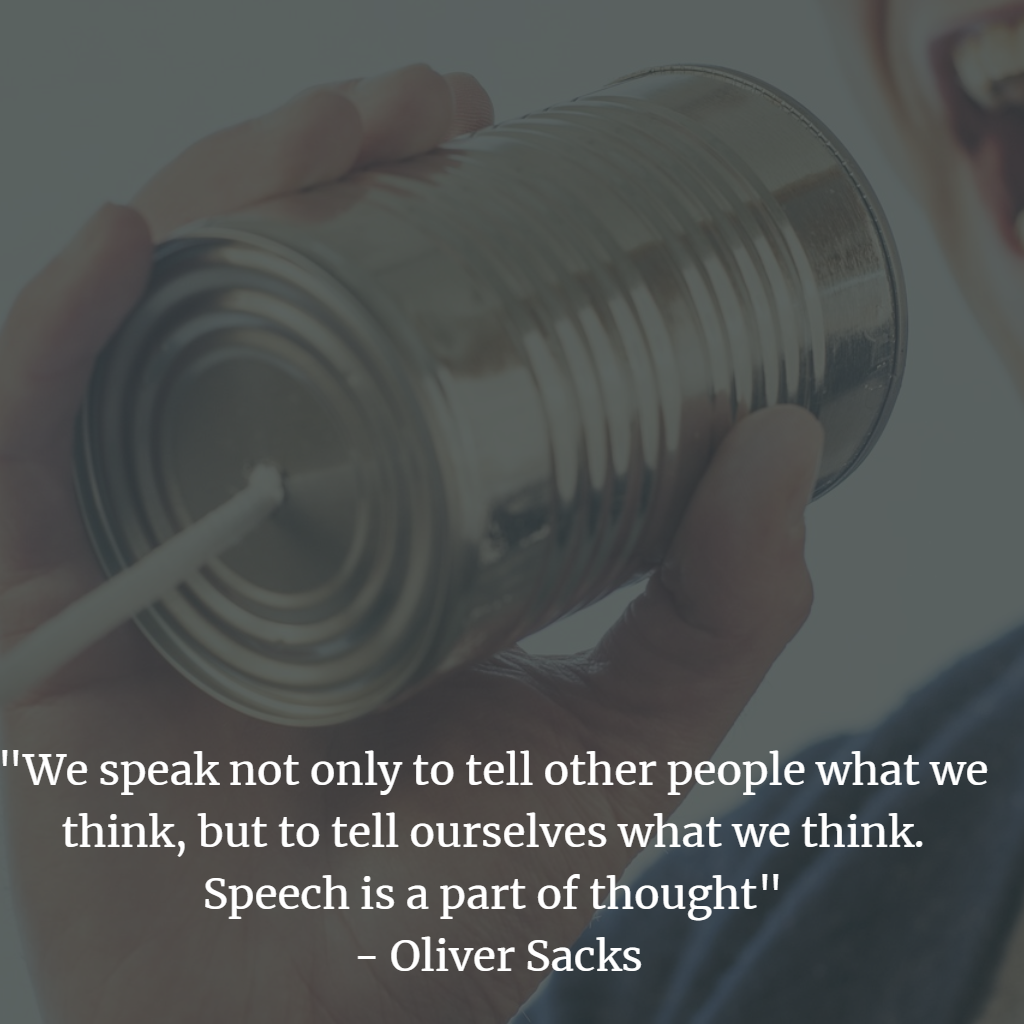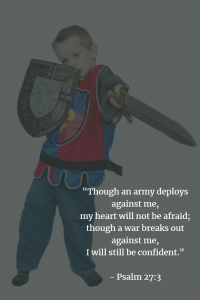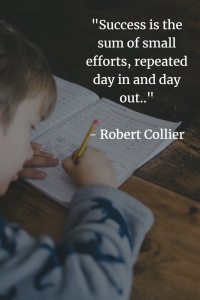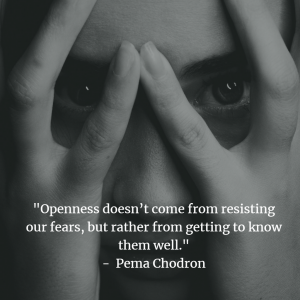Discovering How Our Thoughts Shape Our Words

Have you ever thought about why we talk? Well, it is not just to tell others what we are thinking, but also to tell ourselves what we are thinking! This means that what we say comes from what we think inside our minds. For example, when you tell your child “I love you,” it is because you are expressing the love you feel in your heart.
That is why parents and guardians must help their children understand the thoughts and feelings behind their words. When your child speaks, it is not just about the words— it is also a reflection of what your child is thinking. Words have power! They can shape how your child sees the world and affect attitudes.
As your child grows and spends time with different people, your child can pick up new words and phrases. Some of these words might not be so great, even if they are said with good intentions. This is where you as a parent can play a crucial role! It is important for parents to pay attention to what their children says and provide guidance when needed.
For example, let us say a child starts saying “my bad” whenever they make a mistake. That might seem harmless, but it could make the child think negatively about themselves. So, it is important for parents to explain why certain words might not be the best choice. We want to encourage thoughtful expression!
There are two main ideas about how language and thoughts are connected. According to Piaget’s theory of cognitive development, language comes after understanding. This means that children need to grasp concepts before they can talk about them. So, if a child says they do not like swimming, it is because they have already thought about why they do not like it.
The other idea called the Sapir-Whorf hypothesis, suggests that language shapes our worldview. In other words, the words we use can influence how we think. So, if we use negative words, we might start seeing things in a negative light too.
Remember, what your child says matters! As parents and guardians, you should talk to your child about his or her words and thoughts. You should have open discussions with your child about their words and thoughts. It is essential to pay attention to what your child says and help them understand the impact of their words. By working together and having patience, we can help children learn to be mindful of their thoughts and words.




